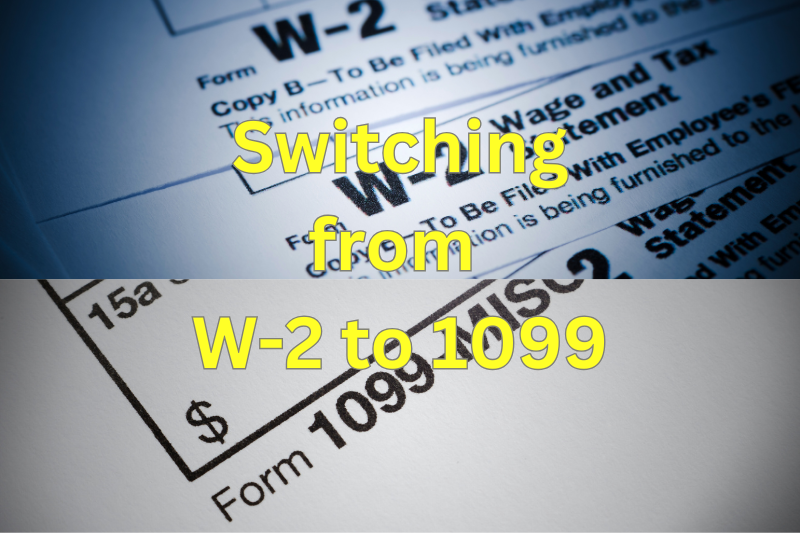So you’ve been out here grinding. LLC in the bio. Invoices flying. Taxes paid (hopefully).…
Applying for a Mortgage with IRS Debt
What happens when you owe money to the Internal Revenue Service (IRS) and you’re applying for a mortgage? With the right approach and understanding of the process, it is still possible to secure a mortgage even when you have IRS debt. These are some key considerations and strategies to help you qualify for a mortgage while dealing with your tax obligations.
Assess Your IRS Debt Situation:
Before diving into the mortgage application process, it’s crucial to assess your IRS debt situation. Gather all the necessary information, such as the amount owed, payment terms, and any outstanding tax liens. Understanding the full extent of your tax liability will help you determine the best course of action and prepare for potential challenges ahead.
Prioritize Tax Debt Repayment:
When applying for a mortgage with IRS debt, it’s important to demonstrate a proactive approach to resolving your tax issues. Prioritize repayment of your tax debt and establish a repayment plan with the IRS. Consistently making payments and complying with your repayment plan will showcase your commitment to meeting your financial obligations, improving your chances of mortgage approval.
Build a Strong Credit Profile:
Your creditworthiness plays a significant role in mortgage approval. While IRS debt can negatively impact your credit score, taking steps to improve your credit profile is essential. Ensure you make all your monthly payments on time, including your IRS installment payments. Reduce your overall debt and maintain a low credit utilization ratio. Over time, responsible financial behavior will help rebuild your credit score and enhance your chances of mortgage approval.
Consult with a Mortgage Professional:
Navigating the complexities of applying for a mortgage with IRS debt is best done with the guidance of a mortgage professional. Seek advice from a knowledgeable mortgage broker or loan officer who can assess your specific situation, understand the intricacies of IRS debt, and help you find suitable mortgage options. They can provide insights on how lenders view tax debt and guide you through the application process.
Demonstrate Financial Stability:
Lenders are concerned about an applicant’s ability to repay a mortgage, especially when there is existing debt. To increase your chances of approval, showcase your financial stability beyond your IRS debt. Provide documentation that proves consistent income, steady employment history, and a healthy savings account. Demonstrating your ability to manage your finances responsibly will instill confidence in lenders, helping overcome any concerns about your tax obligations.
Consider Alternative Loan Programs:
If traditional mortgage options seem out of reach due to IRS debt, consider exploring alternative loan programs. Some government-backed loan programs, such as FHA or VA loans, have more lenient eligibility requirements, including guidelines for borrowers with tax debt. Investigate these options with the assistance of your mortgage professional to determine if they align with your financial situation.
While owing money to the IRS may complicate the mortgage application process, it doesn’t necessarily disqualify you from homeownership. By taking proactive steps to resolve your tax debt, building a strong credit profile, and seeking professional guidance, you can increase your chances of securing a mortgage. Remember, each situation is unique, so consult with a mortgage professional who can tailor their advice to your specific circumstances.





